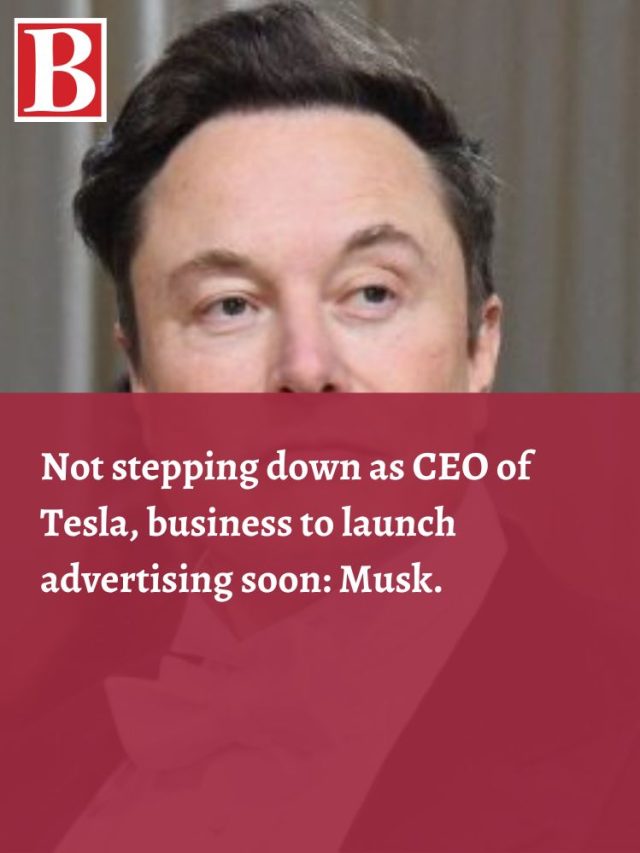Elon Musk, a name synonymous with innovation and futurism, has once again captured the world's attention with his bold statements about the future of the United States. As the CEO of Tesla, Musk is not just shaping the automotive industry but also influencing broader economic and political landscapes. His insights into the fate of the U.S. dollar and the nation's reliance on electric vehicles have sparked widespread discussions about America's future trajectory.
Musk's influence extends beyond electric cars and space exploration. His involvement in various sectors, from energy to artificial intelligence, underscores his pivotal role in defining the technological landscape of the 21st century. With Tesla at the forefront of the electric vehicle revolution, questions arise about the interconnection between the company's success and the U.S.'s economic stability. This article delves into Musk's perspectives and their implications for America's future.
The Currency Conundrum: Musk's Perspective on the Dollar
Elon Musk recently voiced his agreement with the notion that weaponizing currency could lead to its decline. In a Twitter post, Musk highlighted that if countries perceive the U.S. dollar as a tool for political leverage, they might opt for alternative currencies. This statement resonates with ongoing discussions about the potential erosion of the dollar's dominance since the end of World War II. The global financial system has long relied on the dollar, but recent geopolitical tensions raise concerns about its continued supremacy.
Musk's insight into currency dynamics aligns with broader economic theories suggesting that over-reliance on any single currency can be precarious. By drawing attention to this issue, Musk prompts a critical examination of international monetary policies. As nations explore digital currencies and other financial innovations, the U.S. must adapt to maintain its economic influence. Musk's warnings serve as a call to action for policymakers to reassess their strategies and ensure the dollar remains competitive in an evolving global economy.
Beyond mere speculation, Musk's comments reflect a deeper understanding of how economic power is shifting. The rise of new technologies and emerging markets challenges traditional financial systems. For the U.S., maintaining the dollar's strength requires innovative approaches that balance national interests with global cooperation. Musk's influence in this debate positions him as a key figure advocating for change and adaptation in the financial sector.
Tesla's Role in Shaping America's Technological Landscape
Ronan Farrow's report in The New Yorker sheds light on the intricate relationship between Elon Musk and the U.S. government. As Tesla continues to expand its operations, the government increasingly relies on Musk's expertise in technology and innovation. However, this dependence raises concerns about balancing public governance with private enterprise. The complexities of this partnership highlight the need for clear boundaries and transparent decision-making processes.
Tesla's prominence in the electric vehicle market exemplifies the potential impact of private companies on national priorities. By leading the charge in sustainable transportation, Tesla influences policy decisions and infrastructure development. The integration of electric vehicles into mainstream society hinges on supportive government policies and investments. Musk's ability to navigate these waters effectively demonstrates the symbiotic relationship between corporate innovation and governmental support.
Despite the benefits, there are challenges associated with such collaborations. Critics argue that excessive reliance on tech billionaires like Musk could undermine democratic principles. Ensuring that technological advancements serve the public good necessitates robust oversight and accountability mechanisms. As Tesla continues to grow, the balance between innovation and regulation will remain a crucial aspect of its interaction with the U.S. government.
Electric Vehicles and the Future of American Industry
The Atlantic's analysis suggests that Tesla's future will reveal the true extent of Elon Musk's influence on America's EV sector. While Musk's leadership has propelled Tesla to unprecedented heights, questions linger about the sustainability of his vision. The foundation of his influence rests on continuous innovation and market expansion. However, the broader adoption of electric vehicles depends on factors beyond Tesla's control, such as consumer preferences and regulatory frameworks.
America's transition to electric vehicles represents a significant shift in the automotive industry. This transformation requires substantial investments in charging infrastructure, battery technology, and manufacturing capabilities. Tesla's success serves as a catalyst for these changes, but it cannot single-handedly drive the entire industry forward. Collaborative efforts involving multiple stakeholders are essential to achieving widespread adoption of electric vehicles.
Moreover, the link between Tesla's performance and the U.S. economy highlights the importance of diversifying the EV market. While Tesla dominates headlines, other manufacturers contribute significantly to the growth of the industry. Ensuring a competitive landscape fosters innovation and resilience. As the U.S. charts its course toward a more sustainable future, the role of electric vehicles will undoubtedly play a central part in defining economic prosperity and environmental stewardship.

